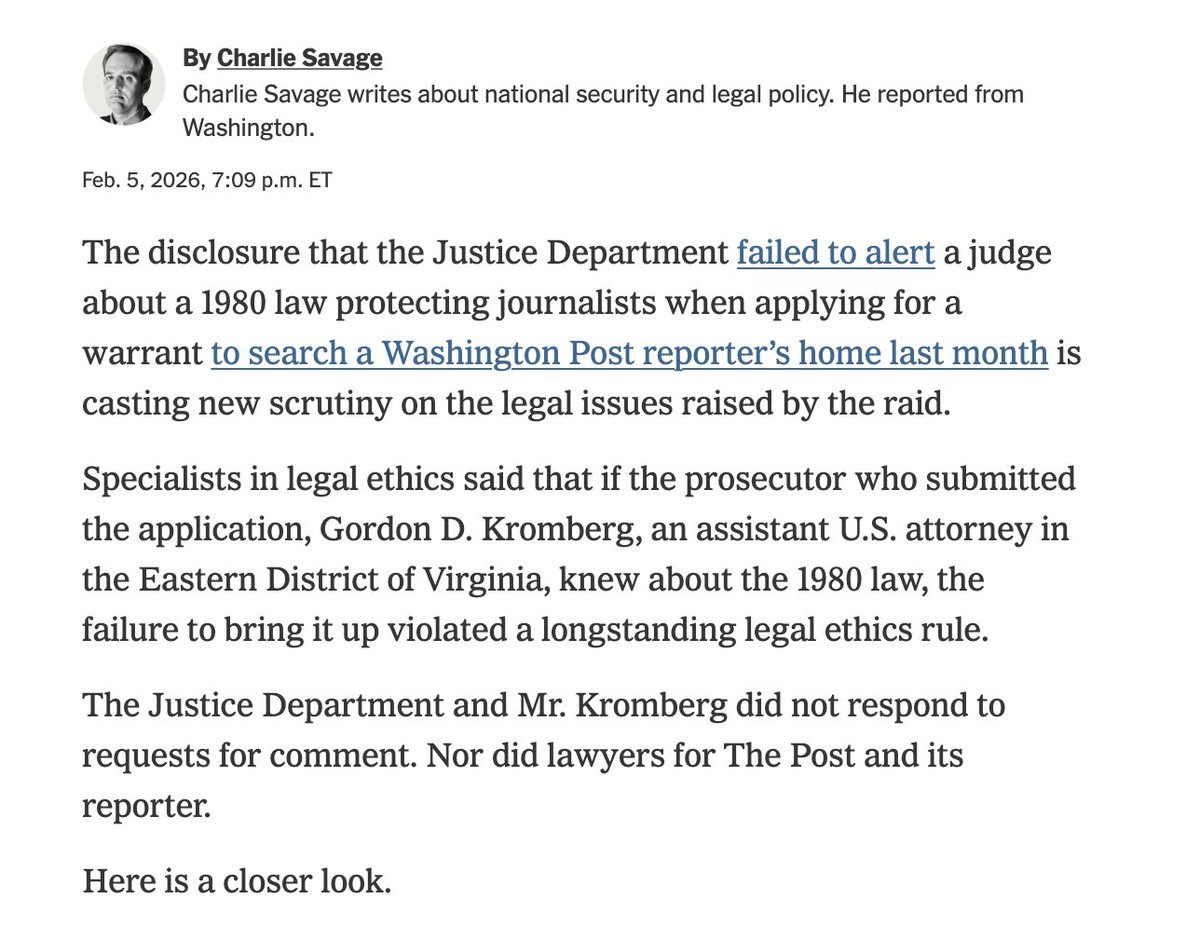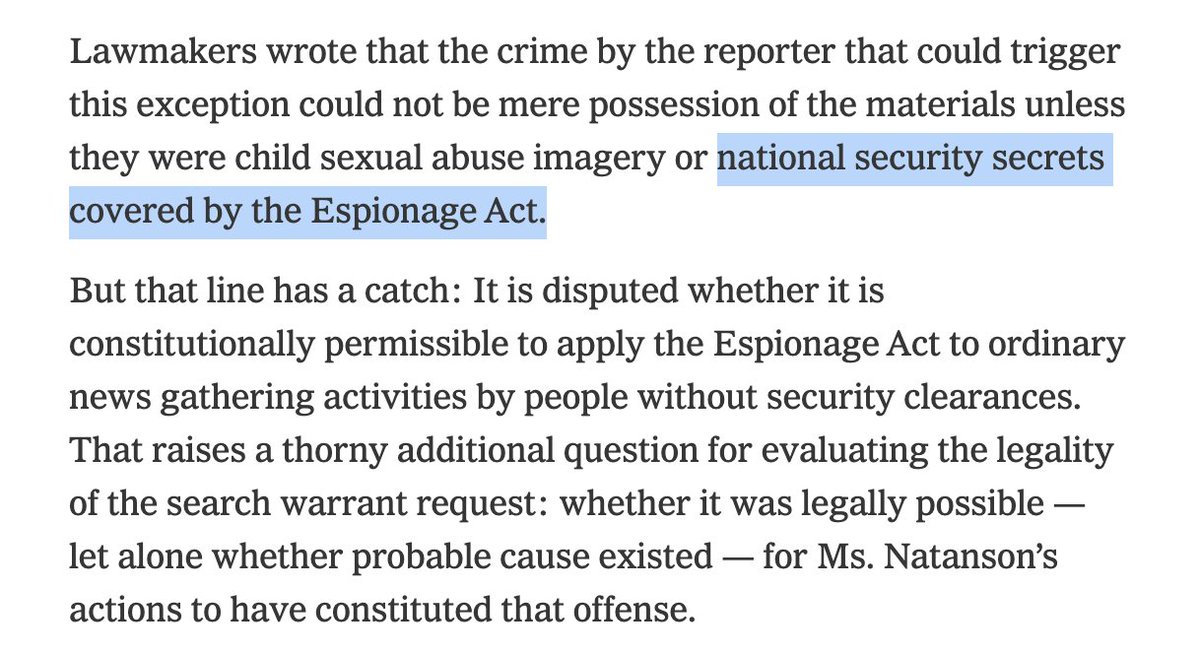Listening to the oral argument in Katz v. US (1967), am I right that the notion of reasonable expectations of privacy is voiced primarily by Justice Fortas?
A thread.
oyez.org/cases/1967/35
A thread.
oyez.org/cases/1967/35
As I follow the argument, Katz's counsel argued for a test that asked whether an objective observer would conclude that a person intended the communication to be confidential. 



According to Katz's lawyer, Harvey Schneider, the issue should be an objective inquiry into likely subjective intent. 

The government's lawyer, John Martin Jr., then argued that the test, even if about privacy, needed to be rooted to a place: Not just what someone expected, but where were they when they expected it. What's the nature of that place? 

It was Justice Fortas, in questioning the government's lawyer, who raised the question of reasonable expectations. (That's Fortas speaking at the top of this screenshot.) 

In Justice Harlan's concurrence in Katz, which formally introduced the reasonable expectation of privacy test, Harlan agreed with the government that the test had to be rooted to a place. 

And Harlan thought it an accurate summary of prior precedents -- "the rule that has emerged from prior cases," as he put it -- that the test for 4A protection required that place to be one where an expectation of privacy was reasonable. And that included the phone booth in Katz.
If I'm not mistaken, the phrasing of "reasonable expectations" about privacy was first used at the Supreme Court by Justice Fortas in the Katz argument. Or at least that's my sense.
Some of my relevant articles on Katz:
lawreview.uchicago.edu/publication/ka…
(from 2015, covering the history of Katz and what Harlan was doing)
papers.ssrn.com/sol3/papers.cf…
(forthcoming, on how the Katz test is consistent with textualism and originalism)
/end
lawreview.uchicago.edu/publication/ka…
(from 2015, covering the history of Katz and what Harlan was doing)
papers.ssrn.com/sol3/papers.cf…
(forthcoming, on how the Katz test is consistent with textualism and originalism)
/end
• • •
Missing some Tweet in this thread? You can try to
force a refresh





















